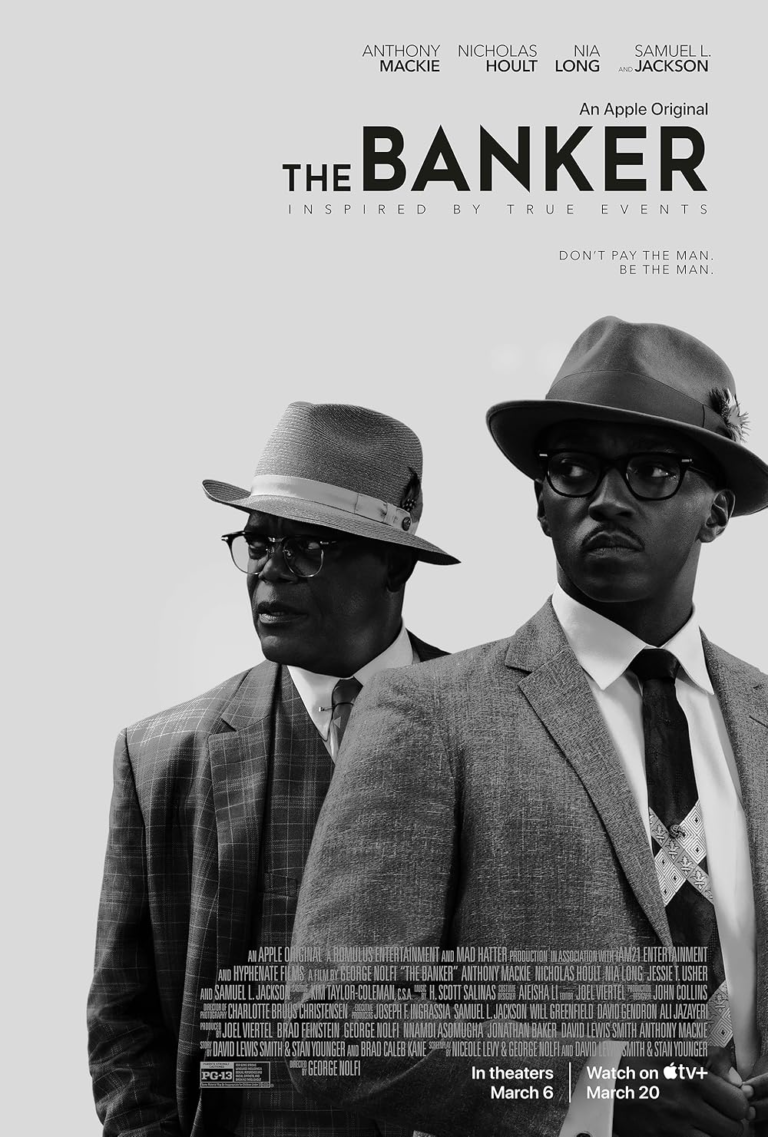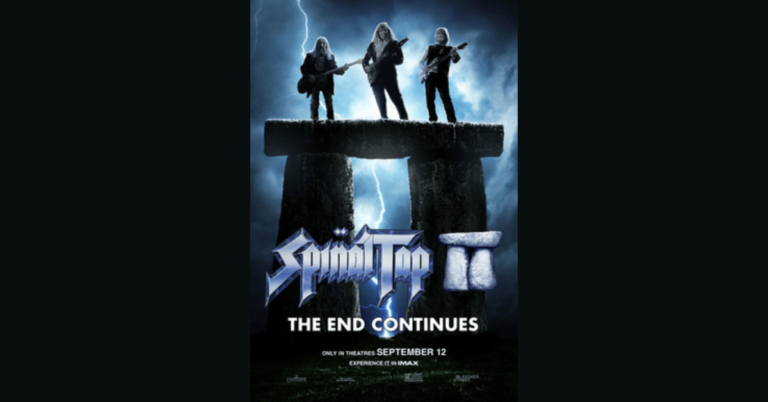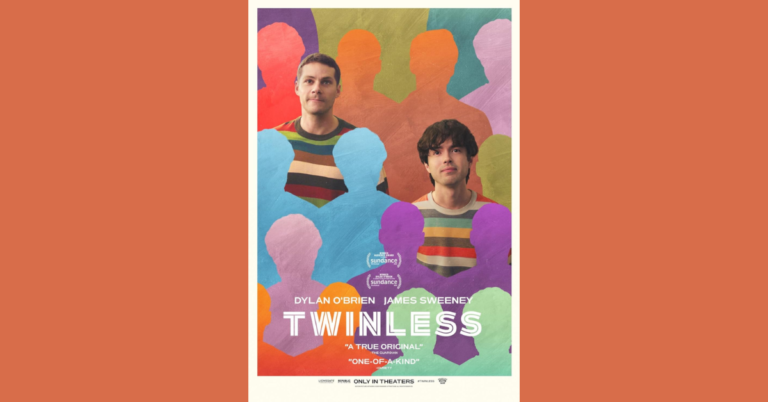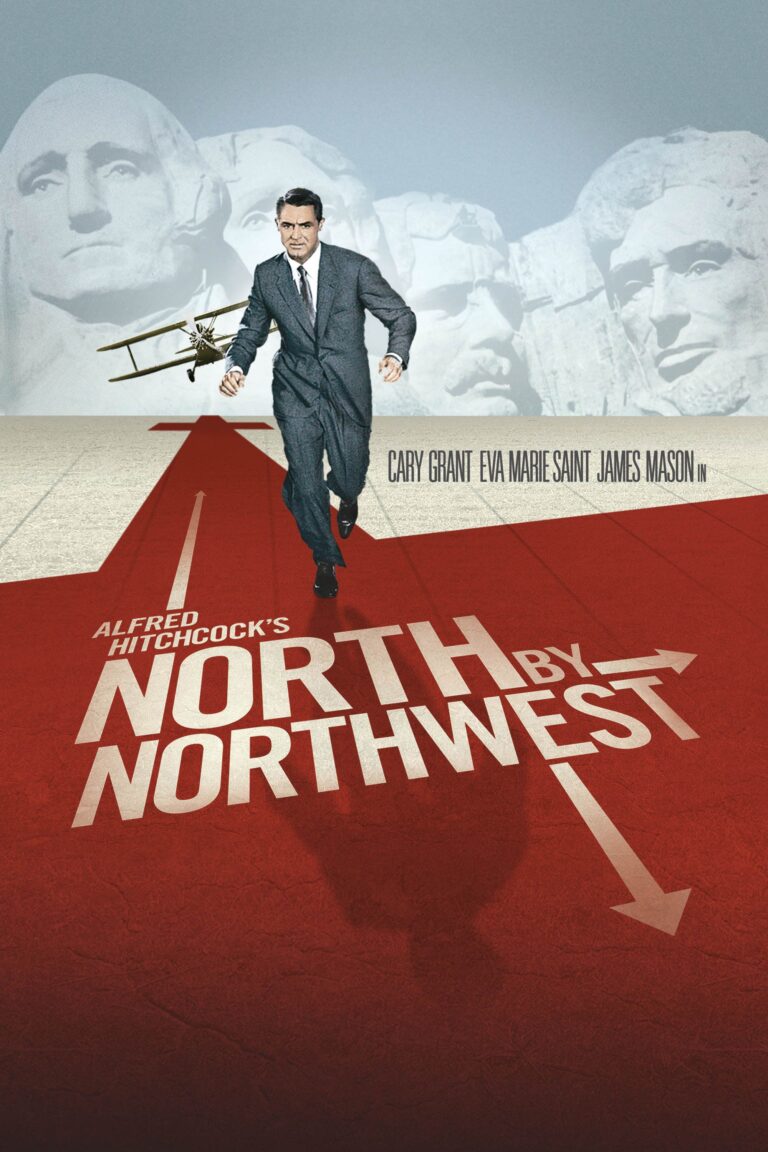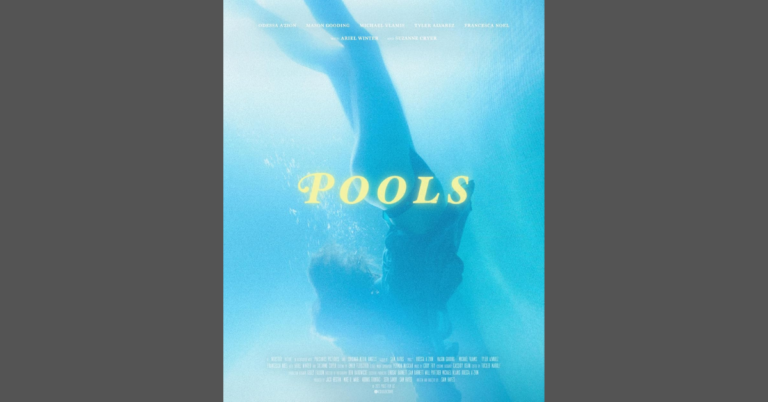The Outrun Christian Review
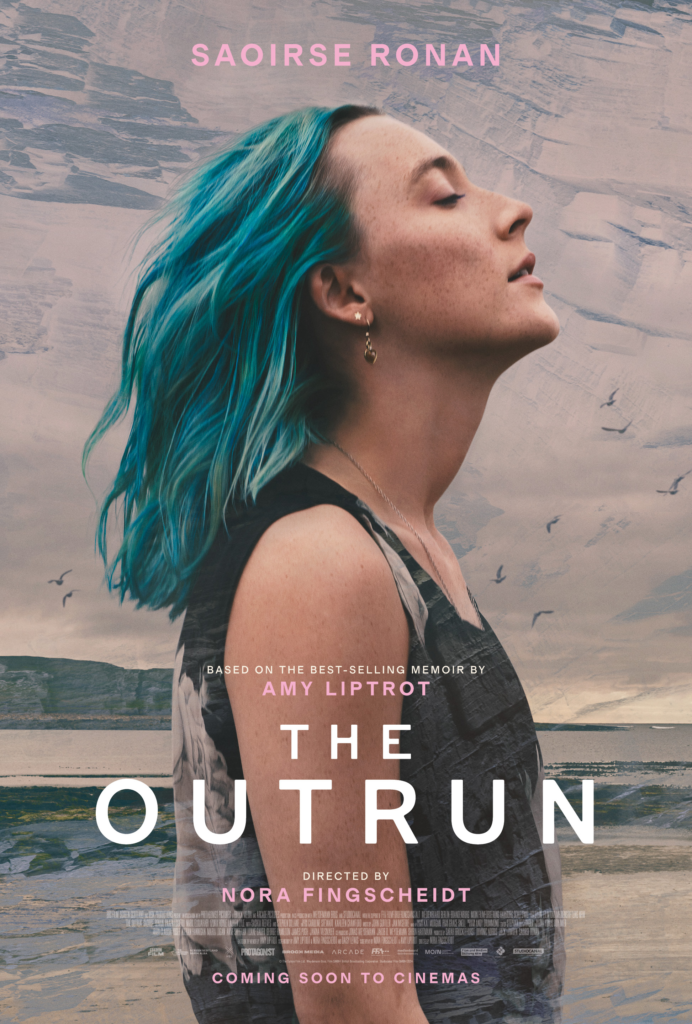
There’s something uniquely captivating about movies that tackle addiction without romanticizing it or beating you over the head with melodrama. But The Outrun is one of those rare exceptions — it somehow takes you by surprise, leaving you unprepared for how deeply it resonates. Adapted from Amy Liptrot’s acclaimed memoir, this film doesn’t just dip a toe into the murky waters of addiction and recovery; it dives in headfirst, unafraid to show both the quiet devastation and the fragile hope that come with confronting one’s demons.
The film follows Rona, played with astonishing nuance by Saoirse Ronan, as she returns to the remote Orkney Islands after hitting rock bottom in London. It’s a story we’ve heard before — a broken person returning home in a desperate bid to piece together what’s left of their life. But what makes The Outrun different is its refusal to indulge in clichés. There’s no dramatic epiphany, no heroic montage of triumphant sobriety. Instead, it’s a nonlinear exploration of memory and self, mirroring the unpredictable nature of recovery itself. One moment you think Rona’s making progress; the next, she’s caught in the undertow of old habits and emotions she thought she’d left behind.
Addiction as a Tide: Ebb and Flow
From the very first scene, you can feel the film’s rhythm — like the tides that surround the Orkney Islands, it ebbs and flows, pulling you into Rona’s world with a strange, unsettling beauty. The jagged cliffs, the wild seas, the relentless wind — all of it serves as an external mirror to Rona’s internal chaos. Director Nora Fingscheidt uses this landscape not just as a backdrop, but as an extension of Rona’s psyche. You can almost taste the salt in the air, feel the chill in the wind. The Orkneys are not a place you go to find yourself; they’re a place you go to face yourself, stripped bare of all the distractions and noise.
And that’s exactly what happens to Rona. She’s forced to confront the messy reality of who she is without the numbing balm of alcohol to dull the edges. The film doesn’t shy away from showing the ugliness of addiction — the shame, the isolation, the self-loathing. But it also captures something deeper, something that’s harder to articulate: the relentless pull of addiction, the way it drags you under just when you think you’re finally starting to swim.
Breaking the Cycle: When Every Day is Day One
Rona’s struggle is painfully familiar to anyone who’s ever battled addiction or walked alongside someone who has. She makes promises she can’t keep, swears it’ll be different this time, only to find herself back at square one. There’s a heartbreaking scene where she’s standing in front of a group of people she once hurt, apologizing yet again. The words come out flat, almost rehearsed — not because she doesn’t mean them, but because she’s said them so many times before. And you can see in her eyes that she’s terrified they won’t believe her — or worse, that they will, and she’ll just let them down all over again.
This cyclical nature of addiction is something The Outrun captures with unflinching honesty. It’s not a straight line from brokenness to healing; it’s a spiral, twisting and turning back on itself, sometimes bringing you closer to wholeness, sometimes dragging you deeper into the abyss. The film’s nonlinear narrative structure reflects this perfectly, jumping between past and present, hope and despair, clarity and confusion. It’s disorienting at times, but that’s the point. Recovery is disorienting. It’s messy and chaotic and full of contradictions.
Faith in the Midst of Failure: A Christian Perspective
From a Christian perspective, what’s striking about The Outrun is its portrayal of the tension between weakness and strength, despair and hope. There’s a sense throughout the film that Rona is searching for something more than just sobriety. She’s searching for redemption — not just in the eyes of her family and friends, but in her own eyes as well. But as the film shows, real redemption isn’t something you can achieve on your own. It requires humility, honesty, and a willingness to confront your deepest fears and failures.
This is where the Christian message of grace comes in. As Christians, we know that true healing can only come from acknowledging our need for God’s grace and allowing Him to transform us from the inside out. Rona’s journey, though secular in its storytelling, echoes this truth. She’s trying to find a way to live with herself, to accept her past without being defined by it. But every time she tries to do it on her own, she ends up falling back into the same patterns of self-destruction.
There’s a scene that stands out in this regard: Rona, alone in a dilapidated church, staring up at the faded stained-glass windows. The light filters through, casting a soft glow on her face. It’s a moment of quiet reflection, almost prayerful in its stillness. There are no words spoken, no grand gestures. But in that silence, you can see the flicker of something — a longing, a hope that maybe, just maybe, she’s not beyond saving. For those of us who believe in the power of God’s grace, it’s a powerful reminder that no one is ever truly lost.
Ronan’s Performance: The Heartbeat of the Film
Much of what makes The Outrun work is Saoirse Ronan’s performance. She’s not just playing a character; she is Rona, embodying all the contradictions and complexities of a person struggling to hold herself together. There’s a rawness to her performance that makes it impossible to look away, even when you want to. She doesn’t soften Rona’s edges or try to make her more likable. Instead, she lets the character’s pain and vulnerability shine through, making you feel every high and low, every moment of hope and despair.
In one scene, Rona is sitting in her childhood bedroom, staring at an old photograph of herself as a little girl. Her face is a mask of sorrow and longing, and for a moment, you can see the child she once was — full of dreams and possibilities, unscarred by the choices she would later make. It’s a gut-wrenching reminder of how addiction doesn’t just destroy the present; it taints the past, turning happy memories into painful reminders of what’s been lost.
Final Thoughts: A Story of Brokenness and Hope
Ultimately, The Outrun is a film that defies easy categorization. It’s not a feel-good story of redemption, but neither is it a bleak descent into despair. It’s something in between — a story of brokenness, yes, but also of resilience, of the stubborn refusal to give up even when the odds seem insurmountable. It’s about the struggle to find grace in the midst of failure, to hold onto hope even when everything seems hopeless.
For those who have experienced addiction firsthand, or for those who have watched someone they love go through it, The Outrun will hit close to home. It’s a reminder that healing is not a one-time event, but a lifelong journey, one that requires patience, courage, and a willingness to keep moving forward, even when every step feels like it’s taking you further from where you want to be.
So, I’d give The Outrun an 8 out of 10. It’s not perfect — some parts feel a bit meandering, and the nonlinear structure can be confusing at times. But what it lacks in polish, it makes up for in raw honesty and emotional depth. For anyone who’s ever grappled with the darkness of addiction, or for anyone who believes in the power of grace to bring light into that darkness, The Outrun is well worth the watch.

